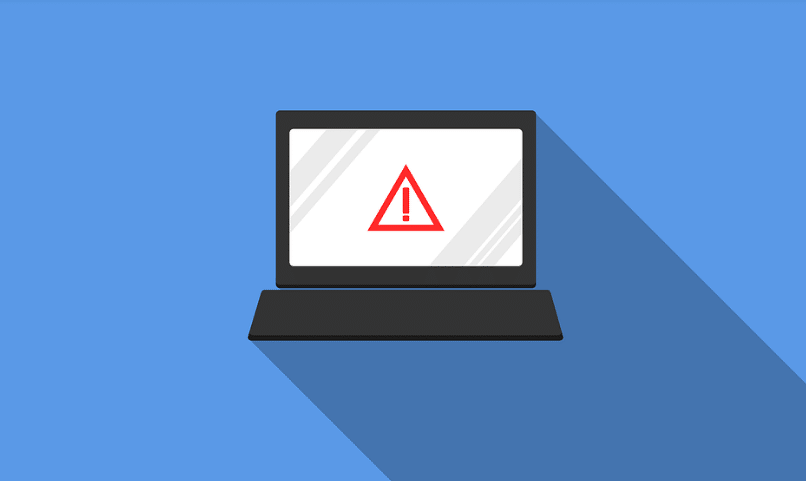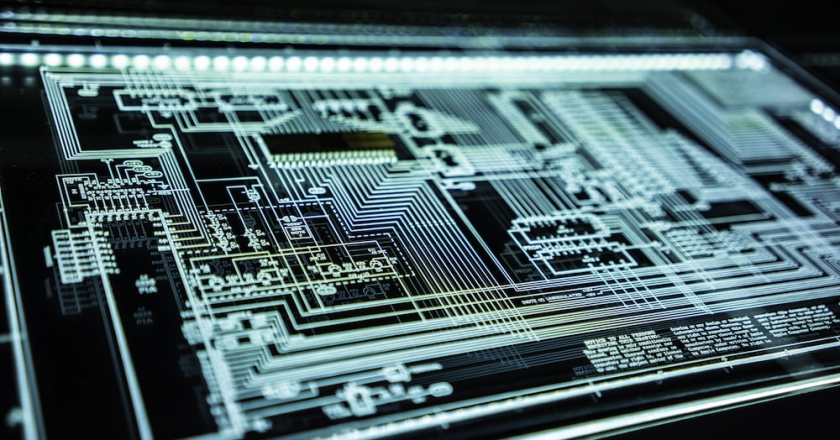Do you know a cyber attack occurs every 39 seconds? At this rate, the cost of cyberattacks is projected to reach $8 trillion by the end of the year and increase to $10.5 trillion by 2025. It shows the need for businesses to hire a cybersecurity consultant to protect their data and IT infrastructure.
A cyber threat is a possible attack on any digital device or system to gain unlawful access to data or information. Companies use multiple security measures to protect their online data from cyber attacks, such as firewalls, antivirus software, and regular security updates.
Let’s discuss some of the most common cybersecurity threats in 2023.
Cloud Computing Security
Previously, businesses stored data in physical files in warehouses. Today, small and large companies use cloud computing to store data and applications in the cloud. It has increased the possibilities of cyber attacks as the cloud service may have vulnerabilities that hackers can exploit to gain access to data, applications, or even the entire cloud infrastructure.
Risks with Hybrid or Remote Work
With the increase in remote and hybrid working, employees and organizations are exposed to unsecured networks, which are an easy target for cybercriminals. Some employees use their devices for remote work, which may contain viruses or vulnerabilities that can spread to the whole system.
Mobile Attacks
People click on different websites and download multiple apps on mobile phones, which can provide hackers with unauthorized access to sensitive information in the phone and compromise data security. These are most common when mobile users play games. Some ads appear that can only be removed by clicking on the link.
Phishing Attacks
Phishing attacks are one of the most persistent and common cyber attacks, becoming harder to detect. Phishing emails contain catchy taglines that trick recipients into clicking on a link or providing personal information such as passwords or credit card numbers. It results in financial fraud and loss of private information.
Ransomware
Ransomware is when a hacker encrypts files and data on a company’s system, making them inaccessible until a ransom is paid. It is most common in big firms with invaluable data, which can result in financial losses and reputational damage.
 Connected Cars
Connected Cars
With the popularity of Tesla, more manufacturers are making cars that are connected to and operated by the Internet. This advancement in automotive technology has made it more vulnerable to cyber-attacks. Hackers can exploit vulnerabilities in the software and take control of a vehicle to steal data or cause accidents.
Do you need a cyber security consultant to assess the cyber security compliance needs of your business? Contact us now to get started.





